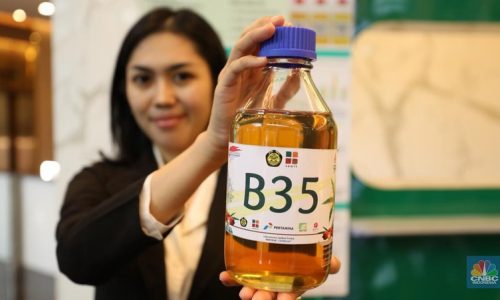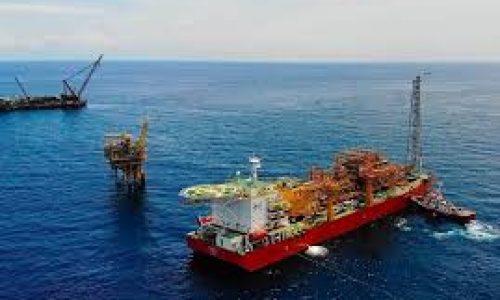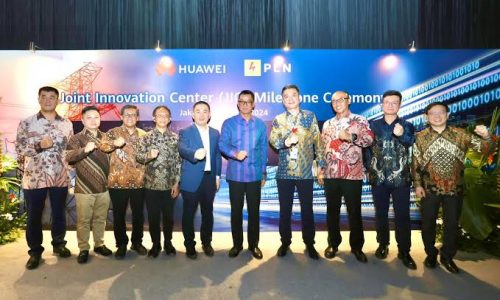Darmawan Prasodjo, CEO of state-owned electricity company PT Perusahaan Listrik Negara (PLN), aims to resolve Indonesia’s electricity oversupply by 2025-2026, accelerating the process from the initial estimate of 2029-2030, attributing it to increased demand and negotiations with power plants.
The oversupply challenge is expected to be resolved sooner due to higher-than-expected electricity demand growth, facilitated by negotiations employing the take-or-pay scheme with power plants.
Accelerating the resolution of the oversupply issue will pave the way for the integration of large-scale new renewable energy (EBT) into the power grid, aligning with PLN’s efforts to synchronize these developments.
Addressing electricity demand-related issues, Darmawan notes that the Ministry of Energy and Mineral Resources and the Directorate General of Electricity provide PLN with flexibility to independently manage demand-related challenges.
PLN can make necessary adjustments, including scenarios where electricity demand surpasses initial projections, allowing the company to adapt to varying demand growth rates.
In 2022, the oversupply reached around 6 GW, burdening PLN financially. The take-or-pay scheme in power purchase agreements results in financial strain for PLN when there is a surplus, costing approximately Rp 3 trillion for every excess 1 GW.
Darmawan points out that the balance between supply and demand in the Java-Bali system was ideal until 2019, with the onset of challenges in 2020 due to Covid-19, causing a drastic decline in demand.
Explaining the oversupply trend, Darmawan highlights a 39.9% increase in 2020, a decrease to 37% in 2021, followed by a rise to 56% in 2022.









